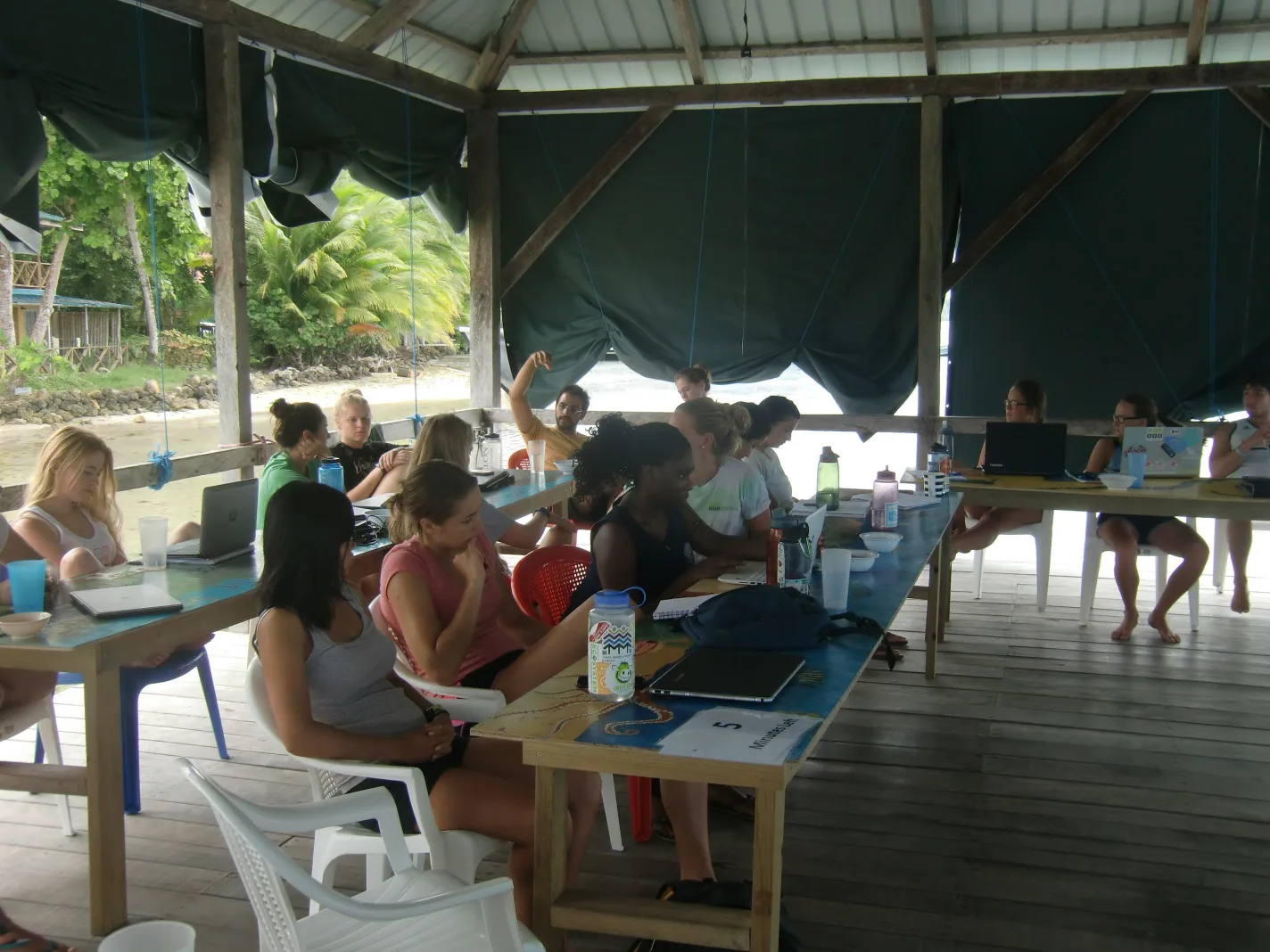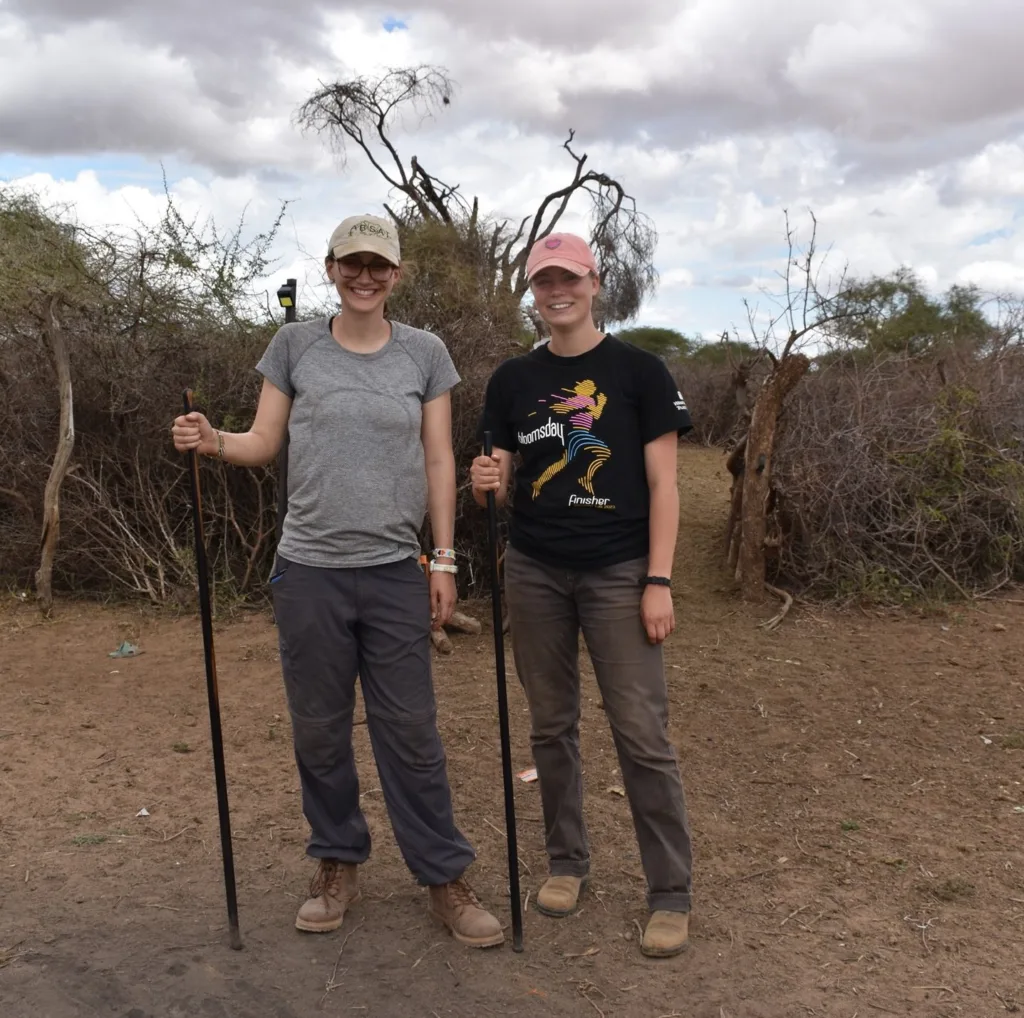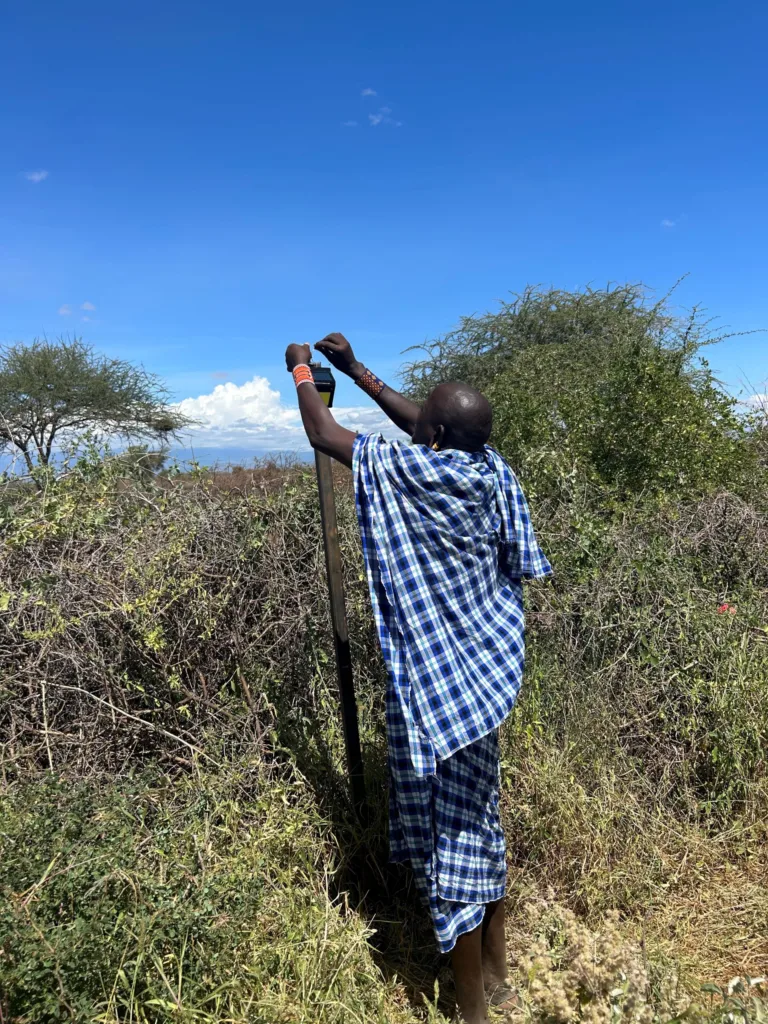Students Propose Historic ‘Climate Change Strategy.’ Well, sort of…
Building on our Climate Change Day from the Fall semester of 2015, the SFS Center for Tropical Island Biodiversity Studies (TIBS) has just completed our first Climate Change Strategy Week. Driven by their intensive passion for genuinely sustainable human development, students undertook an incredible amount of work throughout the week; and while this did not quite culminate in an historical agreement, the process, and particularly the final summit, well mirrored many of the realities of climate policy development in Panama and further afield.
Climate Change Week: The Learning and Teaching Process
TIBS climate change week is based on the Model United Nations program; where participants represent certain countries to research and development specific policy proposals from the allocated perspective and then debate these proposals in a collective forum according to the formal procedures of the United Nations Security Council or General Assembly. For the TIBS session on Climate Change, students were allocated to represent specific interests in Panama, with the collective aim to develop a Climate Change Mitigation and Adaption Strategy 2016-2026.

The “Ministry of Tourism” defend their strategy.
Preparation: Research Led-Learning on Climate Change
The students were introduced to the scenario on Monday by the TIBS Center Director, aka La Presidenta, who contextualized her concerns about the need for action in Panama, following the international meeting in Paris. Students were then turned into delegates. Following this, TIBS professors, playing the part of government Scientific Advisors, introduced key disciplinary issues: with concerns over ocean acidification and rising sea levels, deforestation and positive-feedback carbon cycles, as well as the important human context of climate justice and wider needs for Sustainable Development. Students were presented with written instructions for the Climate Change Week as well as key background information relevant to their respective interests groups.
From this point, students were responsible for researching and writing a written policy proposal using the format of MUN resolutions. Each group built diligently on the information provided, drawing on learning from their three disciplinary courses at TIBS (Principles of Resource Management, Tropical Marine Ecology and Environmental Policy and Socio-Economic Values), its associated literature and other academic and institutional resources they were able to identify. The students had all of Monday, Thursday afternoon for research time, while many other classes during the week focused on Climate Change related issues, such as coral bleaching and carbon foot-printing and budgeting.
The Policy Summit: Realities of Policy Process
Friday morning brought all the students hard work together and resulted in an exceptionally well researched, complex and technical proposals for the national Climate Change strategy.
In the first session, each interest group presented its proposed strategy contribution, first summarizing their Preamble to set the relevant background to their perspective on climate change, before presenting its proposed Resolutions and associated operative Clauses, or concrete calls for action. The complicating factor of course is always money, and students were asked to estimate as realistic as possible costs for their proposals and also identified potential sources of funding. After each presentation other groups were free to ask questions for clarification, but encouraged to hold back on debate.
Following the presentation of proposals, students were given time for informal networking, discussion and coalition building, to help them think about how they would approach the policy debate. The second session then saw each document integrated by the group one after the other, with representatives raising questions, concerns and objections about proposals. As discussion identified points of contention, the group tried to develop new policy wording that would be acceptable to the majority of interests present, as well as dealing with the even contentious issues of funding.
During the discussion session, debate became very intense, as students embraced the positions of their interests, and as in the real world, underling agenda began to emerge. COONAPIP fought passionately for the recognition of historical marginalization and promises that other projects invest in alternative livelihoods as a concession phasing out practices that threatened Panama’s forests; the Canal Authority tried to pass their involvement as environmentally positive, despite perpetuating lock-in to carbon reliant globalization; the tourism ministry tried to balance the demands to attract foreign investment while supporting green versions of a key economic driver; and the Ministry of Financed strived to identify a fair way to fund the barrage of requests.
At the end of a set amount of time, each proposal was voted on, with each interest group deciding if they were prepared to accept the submission as it stood, or reject it in favor of further discussions.
An Historical Climate Change Strategy for Panama?
The debate session certainly produced some meaningful amendments to individual proposals, although due to many fundamental points of contention, only the Ministry of Energy was successful in having its proposals accepted. Indeed, as the indigenous communities were accused of using the talks to make land grabs, an unhelpful British eco-warrior call out the entire process as a ‘joke’, which missed the realities and urgency of climate change action in Panama. Indeed, the accepted energy strategy might well be criticized for overlooking the amount of, possibly currently forested, land likely to be needed for ambitious plans for the expansion of solar and wind energy creation.
Ultimately, it was decided that as a budget from the Ministry of Finances could not be agree, talks would be stalled until next semester, when a new group of representatives will likely pick up the challenge of further developing the historical effort for a meaningful and universally agree Climate Change Strategy for Panama.
While we might not have successful in developing a proposal fit for the Panamanian Government, TIBS students demonstrated outstanding learning of the issues of climate change and the situation of various interests in Panama. Moreover, the difficultly of reaching a consensus also hopefully concretized an understanding of the environmental policy development process; including its frequent frustrations and in-depth underlying politic agendas.
Related Posts


Alumni Reflections: Stories of the Return to Kenya
